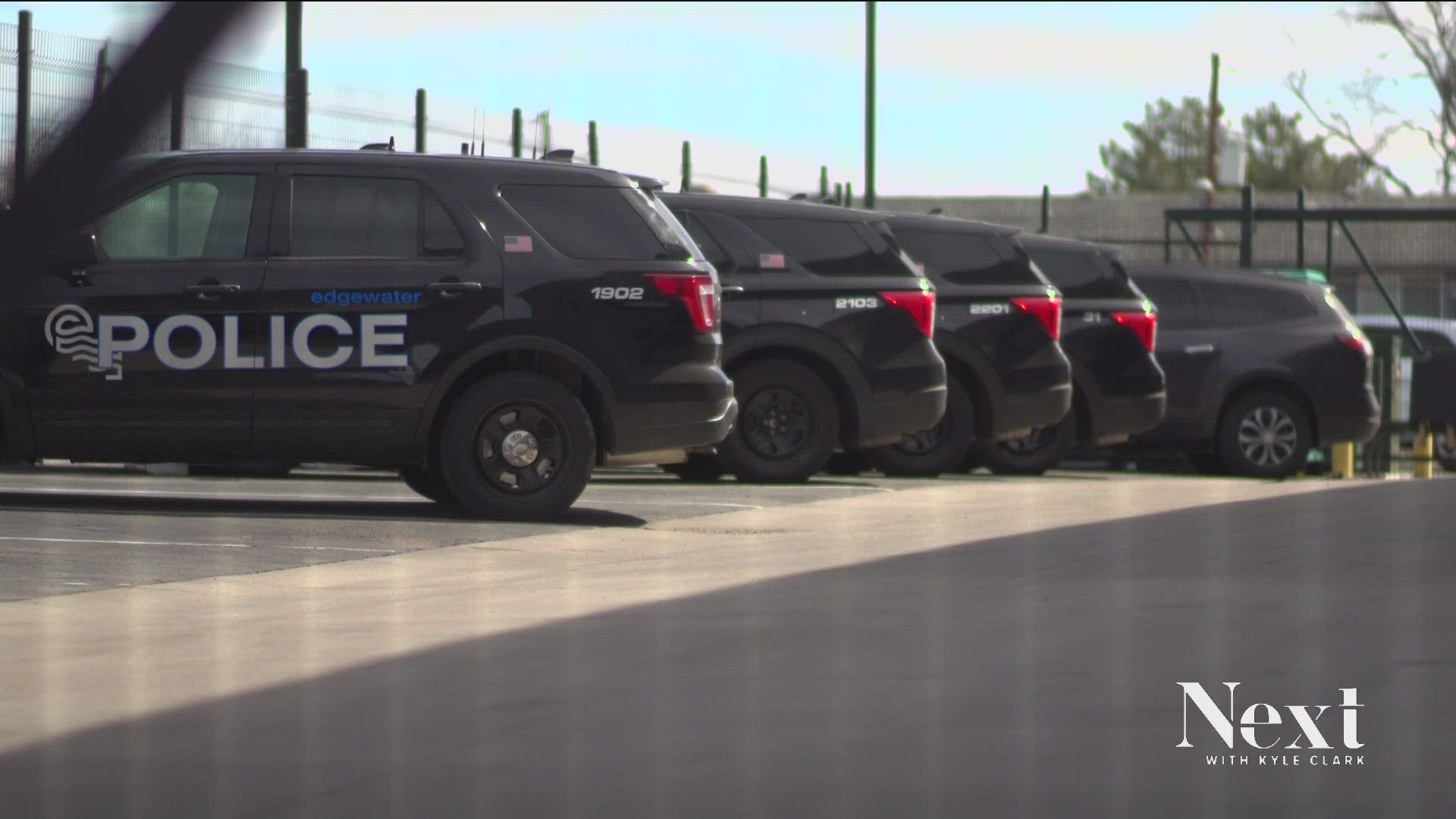DENVER — A police accountability bill introduced by two Democrats is not surprising. HB24-1460 is different.
The idea to bring potentially more criminal charges against police officers came from former and current law enforcement officers.
"We are not cop haters, by any means," said Samantha Rieber. "That's not why we're here to do this."
Rieber and her identical sister, Mckinzie Rees, share DNA and a dream of becoming a police officer. Both are now looking for more accountability in the profession after recently turning in their badges.
"You know, I just feel like that somebody needs to change the ways of this good-ole boys' club mentality," Rees said.
Rees' coworker at Edgewater Police Department was sentenced in February for unlawful sexual contact. Rees was the victim, and she's now suing the department, claiming they tried to cover for him at the time and fired her for speaking out.
"So I think that's what this bill does, is hold everybody to the same exact standard," she said.
The sisters are among a group of former and current officers who went to state lawmakers with an idea for a police accountability bill.
Democratic State Representative Leslie Herod is one of the sponsors.
"This wasn't brought from a community movement like SB20-217, where we saw the murder of Elijah McClain and George Floyd. This came from law enforcement who says we want to work with you to make law enforcement better," Herod said.
The bill says that if an officer receives a report of misconduct and fails to report the allegation, he or she can be charged with a misdemeanor.
"You have a duty to investigate when you know your fellow officer has been harassed or threatened or put in danger by another officer," Herod said.
The President of the Colorado Fraternal Order of Police, Stephen Schulz, and the Executive Director of the County Sheriffs of Colorado, Amy J. Nichols, released a statement on Thursday. 9NEWS asked for an interview for a story on Friday, but they denied that request.
The statement said in part:
"Together we stand united against the 'unprofessional conduct' or 'misconduct' of peace officers. This bill, however, unnecessarily singles out one profession – law enforcement – for prosecution, marking the first time any occupation would be subject to criminal penalties for failing to report speculative violations of undefined conduct.
There are already extensive guardrails in place to prevent and address police misconduct and hold bad actors accountable. Adding new rules targeting police who may or may not be 'reasonably aware' of another officer’s possible misconduct appears more punitive than solution oriented.
To be clear, Colorado’s public safety professionals operate in a highly regulated, policy-driven environment with well-established employment protocols and administrative and licensing requirements. The state has one of the highest levels of public safety oversight and data collection in the country and was the first state in the nation to eliminate qualified immunity for officers."
The sisters want to see more accountability, while others in the profession they left think there's already enough.
"I think it's truly about making the environment as a police officer better for every police officer," Rees said.
This bill also gives the attorney general auditing power to make sure the police officer database is used accurately. Rees is on the POST database. She said she was reported in retaliation.
SUGGESTED VIDEOS: Full Episodes of Next with Kyle Clark

